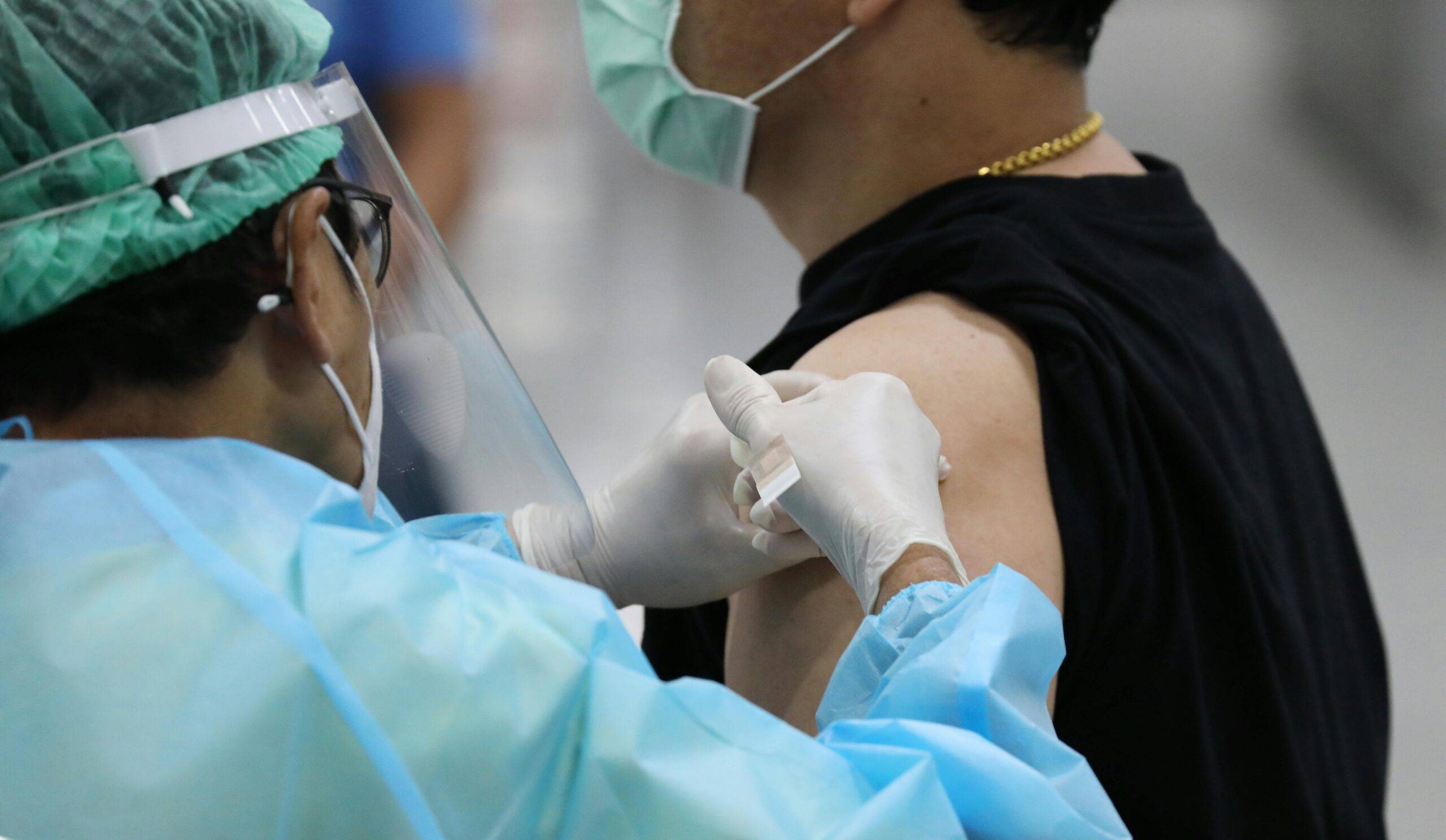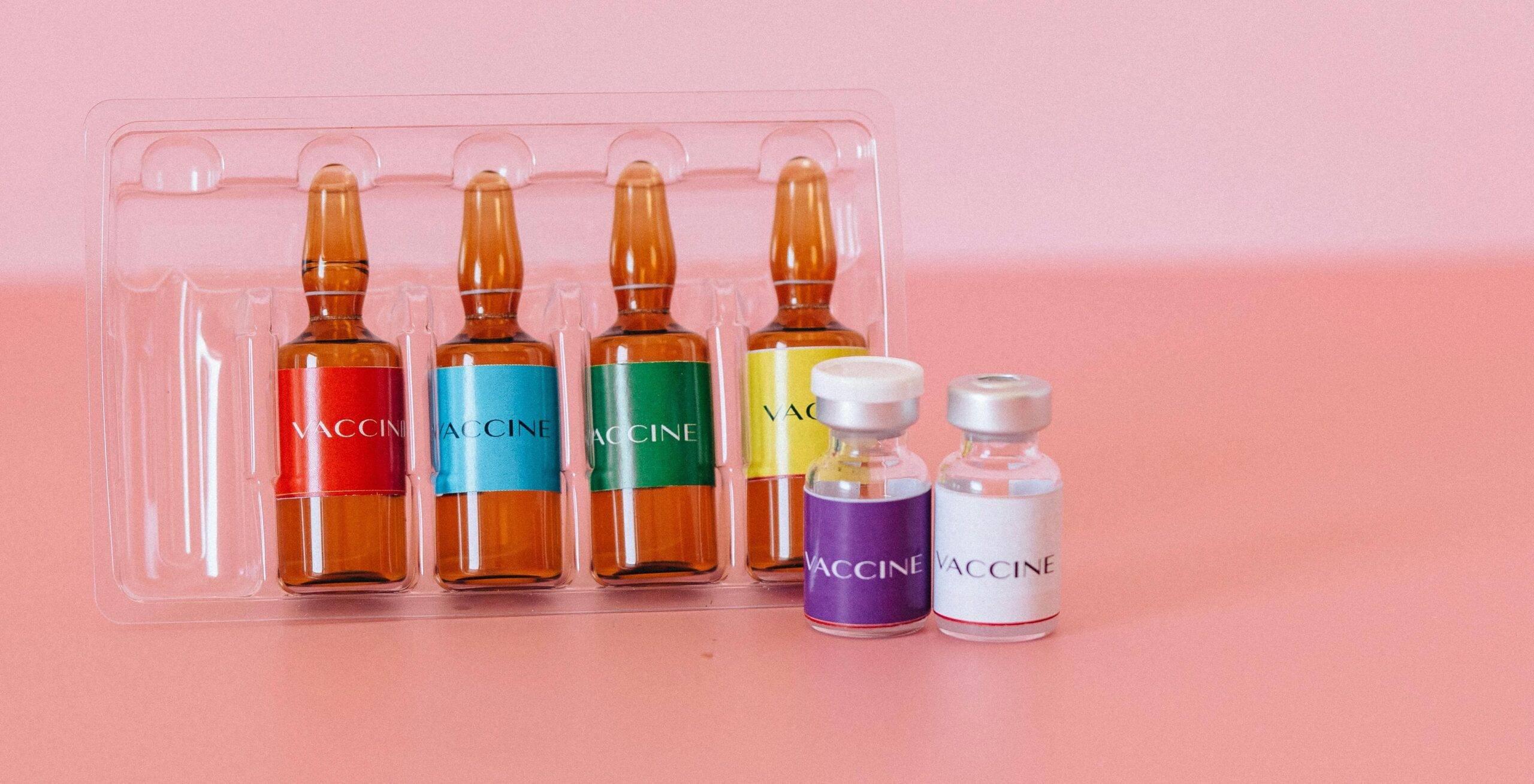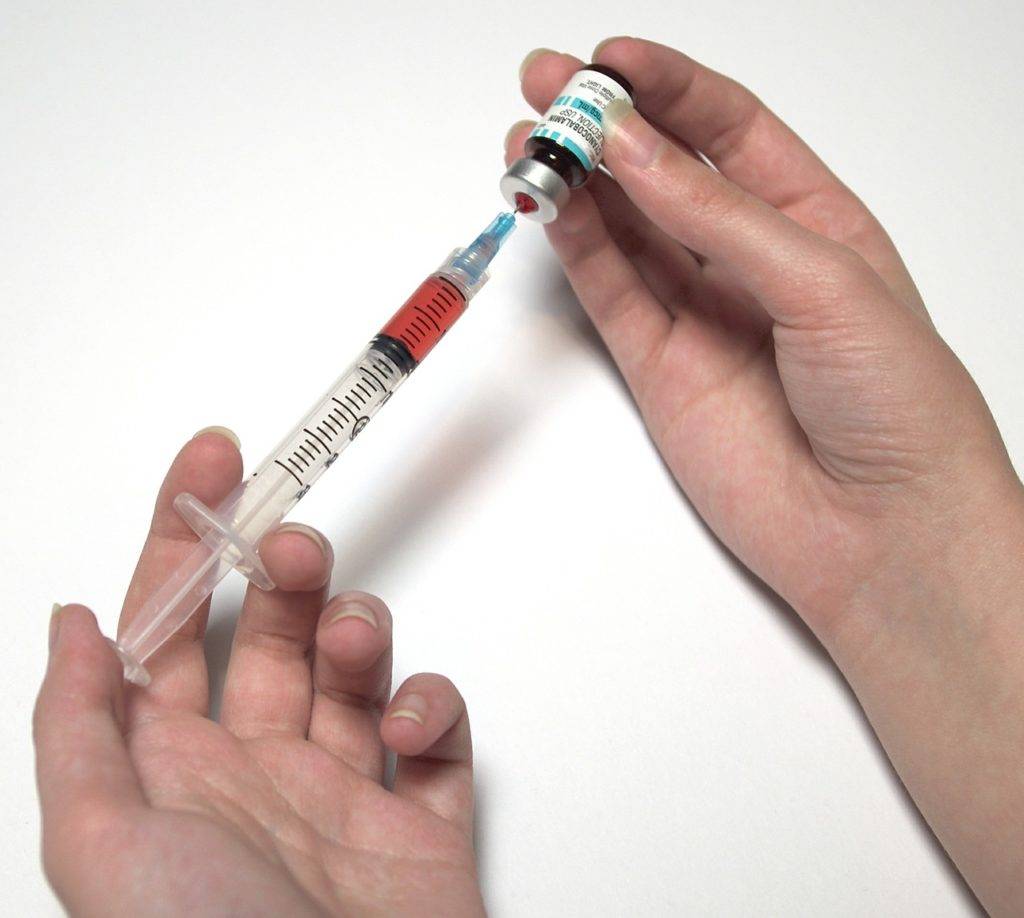Why the Tdap Vaccine Matters
Imagine getting a small cut—and then your muscles start to lock up painfully. Or think about a cough so strong and constant, you can barely breathe. These scary things can happen if you get diseases like tetanus or pertussis (also called whooping cough). Luckily, there’s a way to stop them: the Tdap vaccine.

The Tetanus Tdap vaccine is a powerful way to protect yourself and others from three dangerous diseases. It’s especially important for teens and adults because the shots we get as kids don’t last forever. Over time, the protection fades, which means we need a booster shot to stay safe and protected.
In this post, we’ll explain:
- What the Tdap vaccine is
- What diseases it prevents
- And why getting this shot helps keep both you and your community healthy
Let’s dive in and learn how a small shot of the tetanus Tdap vaccine can make a big difference.
What Is the Tetanus Tdap Vaccine?
Tdap stands for Tetanus, Diphtheria, and acellular Pertussis. It’s a combination vaccine that protects against three potentially life-threatening bacterial infections:
- Tetanus: Causes painful muscle stiffness and spasms.
- Diphtheria: Can lead to breathing problems, heart failure, and paralysis.
- Pertussis (Whooping Cough): A highly contagious respiratory disease, particularly dangerous for infants..

The Tdap vaccine is a booster shot, typically administered after the initial DTaP series given in early childhood. While DTaP is designed for children under 7, Tdap is intended for older children, adolescents, and adults to maintain immunity.
Understanding the Diseases Tdap Prevents
Tetanus
Tetanus bacteria are commonly found in soil, dust, and manure. They can enter the body through cuts or wounds, leading to severe muscle stiffness and spasms, often starting in the jaw (lockjaw). Without prompt treatment, tetanus can be fatal.
Diphtheria
Diphtheria spreads through respiratory droplets when an infected person coughs or sneezes. It can cause a thick coating in the throat, leading to difficulty breathing, heart failure, and even death. Though rare in many countries due to vaccination, diphtheria remains a threat in areas with low immunization rates.
Pertussis (Whooping Cough)
Pertussis is a highly contagious respiratory illness known for uncontrollable, violent coughing fits that can make it hard to breathe. It’s especially dangerous for infants who are too young to be fully vaccinated. Complications can include pneumonia, seizures, and even death.
Who Should Get the Tdap Vaccine?
Adolescents
The Centers for Disease Control and Prevention (CDC) recommends that adolescents receive a single dose of Tdap at age 11 or 12. This booster helps maintain protection as immunity from the childhood DTaP series wanes..
Adults
Adults who have never received a Tdap vaccine should get a single dose. After that, a Td (tetanus and diphtheria) booster is recommended every 10 years. However, Tdap can be used for these boosters to also maintain pertussis protection.
Pregnant Women
Pregnant women should receive a Tdap vaccine during each pregnancy, ideally between 27 and 36 weeks of gestation. This timing maximizes the transfer of protective antibodies to the newborn, safeguarding them against pertussis in their first few months of life.
Close Contacts of Infants
Anyone who will be in close contact with a newborn—such as parents, siblings, grandparents, and caregivers—should ensure they are up-to-date with their Tdap vaccination. This strategy, known as “cocooning,” helps protect infants who are too young to be fully vaccinated.
Healthcare Professionals
Healthcare workers, especially those in direct contact with patients, should receive a Tdap vaccine if they haven’t already. This protects both the healthcare providers and their patients from potential transmission.
Why the Tdap Vaccine is so Important (and could save lives)
Getting the Tdap vaccine isn’t just about protecting yourself—it’s about protecting everyone around you, especially those who are most at risk. Here’s why this one vaccine matters so much:
1. Childhood Immunity Fades Over Time
When we’re little, we get a series of DTaP shots to protect us from tetanus, diphtheria, and pertussis. But as we grow older, the strength of those shots begins to fade. That’s called waning immunity. If you don’t get the Tdap booster, your body might not fight off those diseases as well anymore.
That’s why teens and adults need a booster shot to stay protected. Think of it like this: just like your phone needs recharging, your immune system needs a boost to keep up its defenses.
2. It Protects the Most Vulnerable
Some people can’t get vaccinated—like newborn babies, elderly adults, or those with weak immune systems. These people depend on the rest of us to help keep diseases from spreading. By getting your Tdap vaccine, you help build a wall of protection around them.
This is called community immunity or herd protection.
For example:
- A pregnant mom who gets Tdap passes protection to her baby.
- A grandparent with a Tdap booster won’t accidentally give whooping cough to their new grandchild.
- Healthcare workers with Tdap are less likely to spread illnesses to fragile patients.
Your vaccine could literally help save someone’s life.
3. It Helps Stop Dangerous Outbreaks
Diseases like whooping cough and diphtheria can spread quickly—especially in schools, daycares, and crowded places. Even one infected person can start an outbreak if others aren’t protected. When more people are vaccinated, there are fewer chances for germs to spread.
That means fewer people get sick—and those who do usually have milder symptoms. Keeping vaccination rates high helps everyone stay safer.
Key Differences Between Tdap and Td Vaccines (and why it matters)
Both Tdap and Td are vaccines that protect against tetanus and diphtheria, but only one also shields you from pertussis (whooping cough). Knowing which one you need—and when—can help you and your loved ones stay healthier.
1. Tdap Protects Against Whooping Cough—Td Does Not
- Tdap includes protection against pertussis, a highly contagious disease that causes severe coughing fits.
- Td does not include pertussis protection—just tetanus and diphtheria.
That means if you’re around babies or haven’t had a whooping cough shot in years, Tdap is the better option.
2. Tdap Is Given Less Often Than Td
- Most people only get one dose of Tdap as a teen or adult.
- After that, they get a Td booster every 10 years to keep up protection from tetanus and diphtheria.
- In some cases (like pregnancy or certain jobs), doctors may recommend another Tdap shot.
3. Tdap Is Recommended for Special Situations
You may need Tdap instead of Td if you:
- Are 11–12 years old and due for your booster
- Are an adult who never got Tdap
- Are pregnant (recommended during every pregnancy to protect the baby)
- Are a healthcare worker or care for newborns
Bottom Line:
Tdap gives you more protection, especially against whooping cough. If you’re unsure which booster you need, your doctor can check your records and help you choose the right vaccine.
Safety and Side Effects
The Tdap vaccine is considered safe and effective. Common side effects are generally mild and may include:
- Pain, redness, or swelling at the injection site
- Mild fever
- Headache
- Fatigue
- Nausea or vomiting
Serious side effects are rare. As with any medical intervention, it’s important to discuss any concerns with a healthcare provider.
Take Action Today to Safeguard Your Health and Community
The Tdap vaccine is more than just a shot—it’s a smart, proactive step toward protecting yourself and your loved ones from some of the most dangerous, yet preventable, bacterial infections: tetanus, diphtheria, and pertussis (whooping cough).
Protect Yourself from Serious Illness
Many adults don’t realize that the immunity they got from childhood vaccines wears off over time. Without a Tdap booster, you’re at greater risk of getting sick from these diseases. Tetanus can cause painful and potentially deadly muscle spasms. Diphtheria can block airways and damage the heart.
Pertussis can leave you with months of severe coughing—and it can be fatal for infants. The good news? A single dose of Tdap can drastically reduce your risk of getting sick.
Shield the Most Vulnerable—Like Newborns
Infants are especially vulnerable to pertussis because they can’t complete their vaccination series until they’re several months old. Babies who catch whooping cough often end up in the hospital—and in the worst cases, it can be fatal.
By getting your Tdap shot, especially during pregnancy or before being around a new baby, you create a protective “cocoon” that helps keep newborns safe during their most fragile stage of life.
Do Your Part to Stop Outbreaks
Vaccines like Tdap don’t just protect individuals—they protect entire communities. When more people are vaccinated, it’s harder for diseases to spread. This is called herd immunity, and it’s especially important for people who can’t get vaccinated due to age or medical conditions.
Staying up to date on your Tdap vaccine is a small step that makes a big difference in preventing outbreaks in your community.
A Simple, Safe, and Effective Solution
The Tdap vaccine is backed by decades of research and monitoring. It’s safe, well-tolerated, and widely recommended by health experts around the world, including the CDC and the American College of Obstetricians and Gynecologists (ACOG).
The most common side effects—like a sore arm or mild fatigue—are minor compared to the protection it offers.

What You Can Do Right Now
- Check your vaccine history. If you’re unsure when you last got a Tdap shot, ask your doctor.
- Get vaccinated if you’re due. If you’ve never had a Tdap vaccine as a teen or adult, now’s the time. Even if it’s been a while, it’s never too late.
- Spread the word. Encourage family members, especially those around babies, to check their vaccination status.
- Expecting a baby? Make sure you get a Tdap vaccine between weeks 27 and 36 of every pregnancy to pass on protective antibodies to your newborn.
If you’re looking for trusted pediatric care or more information on how vaccines help keep your child healthy, visit these helpful guides on Omega Pediatrics and DTaP/Tdap immunization schedules.
- Tetanus Diphtheria Booster: Staying Up-to-Date on Your Child’s Vaccinations
- Prevent Tetanus: 2 Life-Saving Powers of the Tdap Vaccine
Whether you’re a parent, a healthcare worker, or just someone who wants to stay healthy, the Tdap vaccine is a simple, powerful tool. It’s not just about protecting yourself—it’s about building a healthier world for everyone. Don’t wait. Talk to your doctor today about getting protected.



